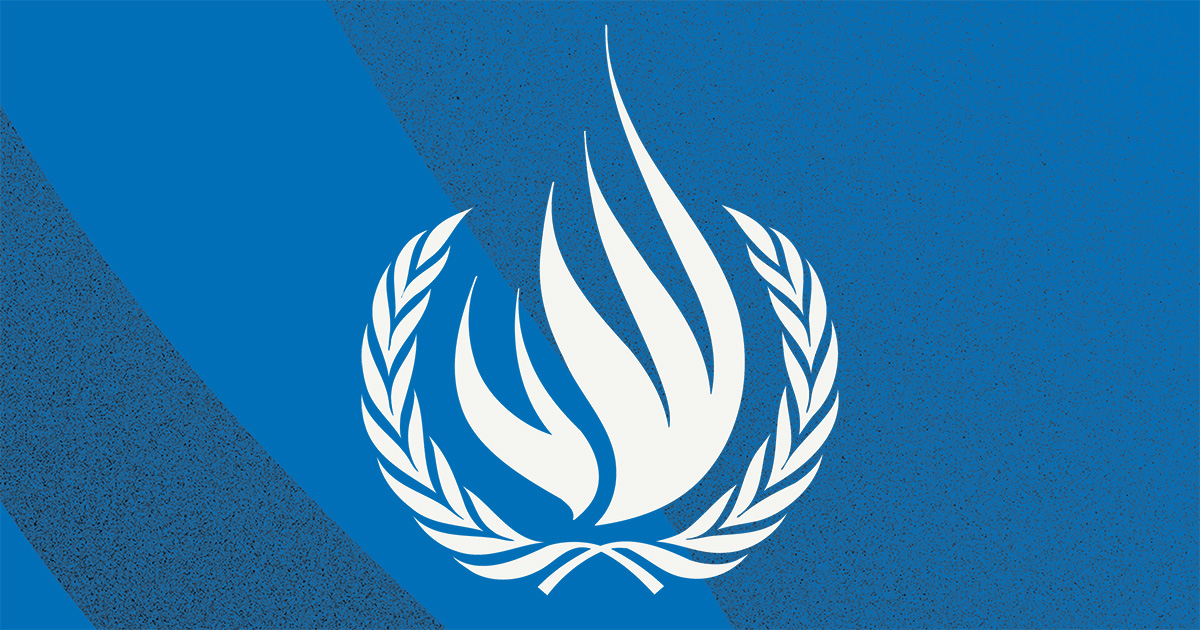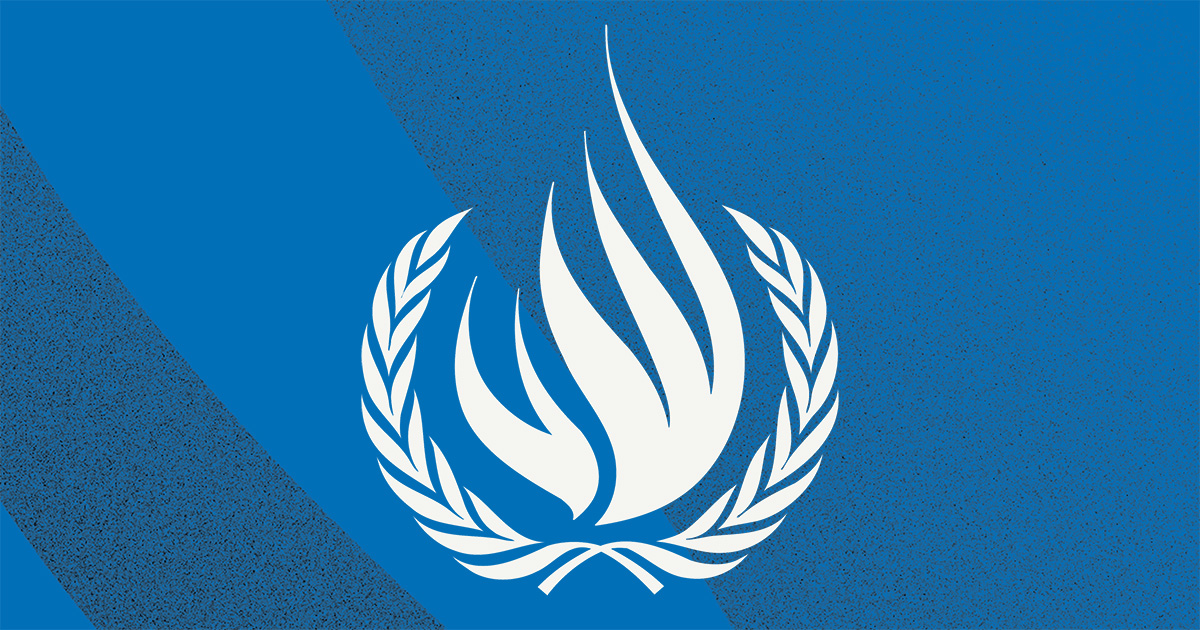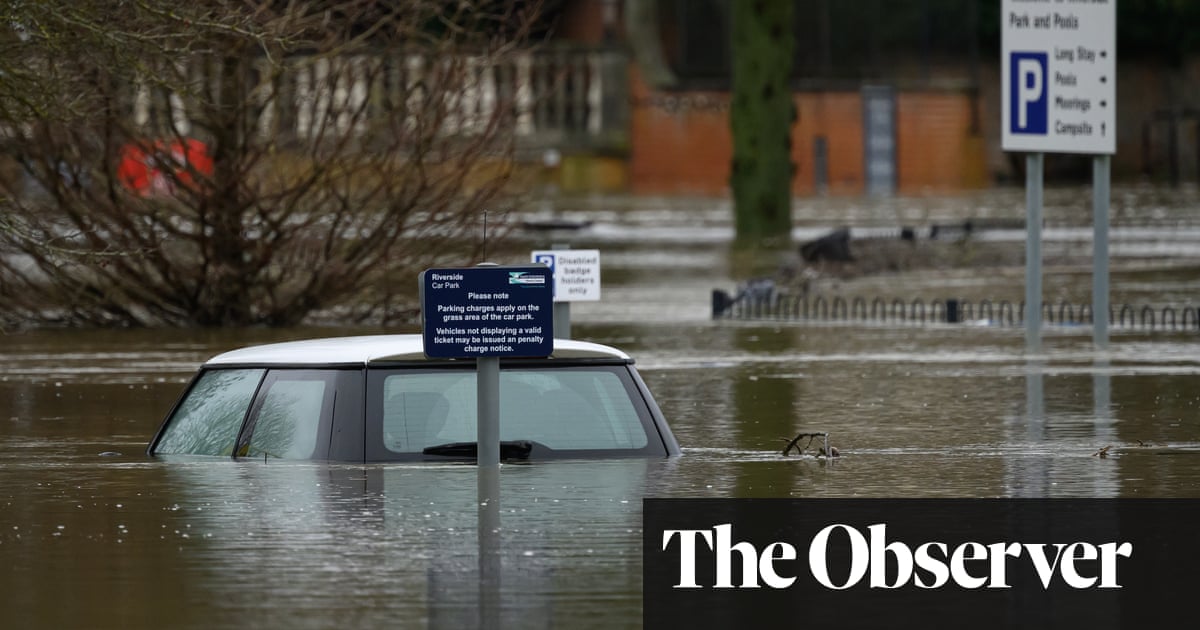
GENEVA (10 October 2024) – The agreement between Mauritius and the United Kingdom on sovereignty over the Chagos Archipelago is a positive move but a finalising treaty must ensure the rights of Chagossians, including return to their homeland and reparations, UN experts said today.
“We commend this positive development toward the decolonisation of Chagos Islands and the parties’ commitment to address the 2019 Advisory Opinion of the International Court of Justice,” the experts said.
They said, however, it appears that the agreement will unjustifiably prevent Chagossians from returning to Diego Garcia, where the UK and the United States have a long-standing joint military base. The experts said that “all Chagossians have the right to return to live in the Chagos Islands, including Diego Garcia”.
Following two years of negotiations, Mauritius and the UK committed in a joint statement on 3 October to finalise a treaty and supporting legal instruments as quickly as possible. The treaty would “address wrongs of the past and demonstrate the commitment of both parties to support the welfare of Chagossians”.
In letters addressed to the governments of Mauritius and the United Kingdom on 21 February 2023, the UN experts expressed concern about the continuous forced displacement of the Chagossian people and lack of their effective participation in decision-making concerning negotiations over the Chagos Archipelago.
“The rights of the Chagossian people, including the right to adequate and effective remedy and reparations, as well as the rights of Indigenous Peoples, should be at the centre of the negotiations of the foreseen treaty,” the experts said. They urged Mauritius, the United Kingdom, and other concerned States to ensure effective and meaningful participation of the Chagossians in the processes related to negotiations and decision-making concerning their homeland.
*The experts: Nicolas Levrat, Special Rapporteur on minority issues; Barbara G. Reynolds (Chair), Bina D’Costa, Catherine Namakula, Miriam Ekiudoko, Working Group of Experts on People of African Descent; Alexandra Xanthaki, Special Rapporteur in the field of cultural rights; Bernard Duhaime, Special Rapporteur on the promotion of truth, justice, reparation and guarantees of non-recurrence; Ashwini K.P. Special Rapporteur on contemporary forms of racism, racial discrimination, xenophobia and related intolerance; Francisco Cali Tzay, Special Rapporteur on the rights of Indigenous Peoples.
The Special Rapporteurs, Independent Experts and Working Groups are part of what is known as the Special Procedures of the Human Rights Council. Special Procedures, the largest body of independent experts in the UN Human Rights system, is the general name of the Council’s independent fact-finding and monitoring mechanisms that address either specific country situations or thematic issues in all parts of the world. Special Procedures’ experts work on a voluntary basis; they are not UN staff and do not receive a salary for their work. They are independent from any government or organization and serve in their individual capacity.
UN Human Rights, country pages – Mauritius; United Kingdom
For inquiries and media requests, please contact: Manon Beury, Human Rights Officer (manon.beury@un.org).
For media inquiries related to other UN independent experts please contact Dharisha Indraguptha (dharisha.indraguptha@un.org) or John Newland (john.newland@un.org)
Follow news related to the UN’s independent human rights experts on X: @UN_SPExperts.










